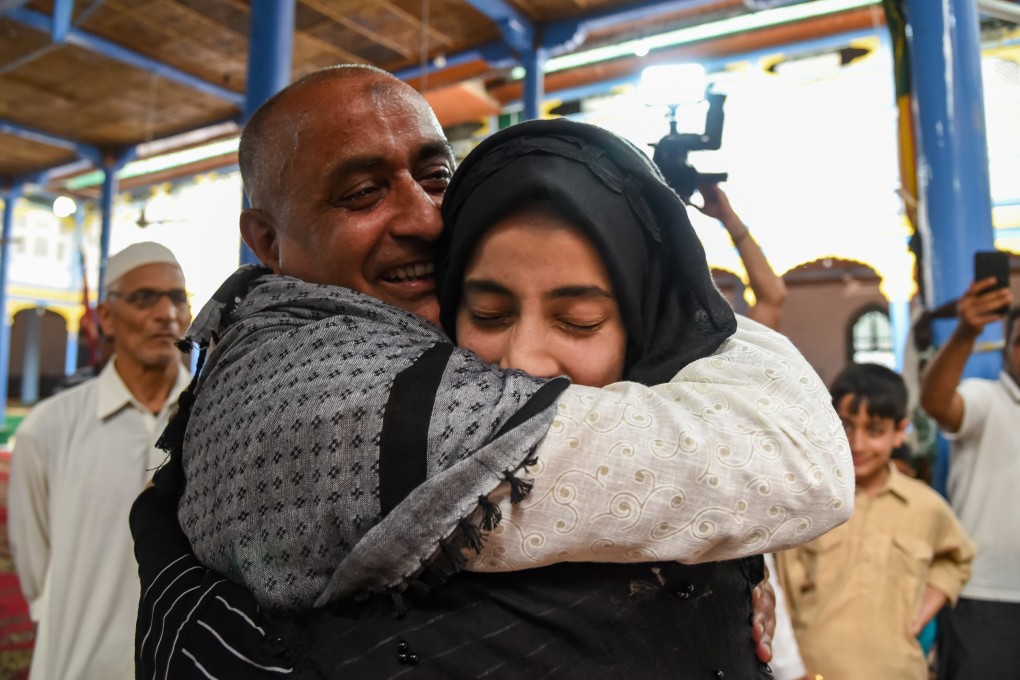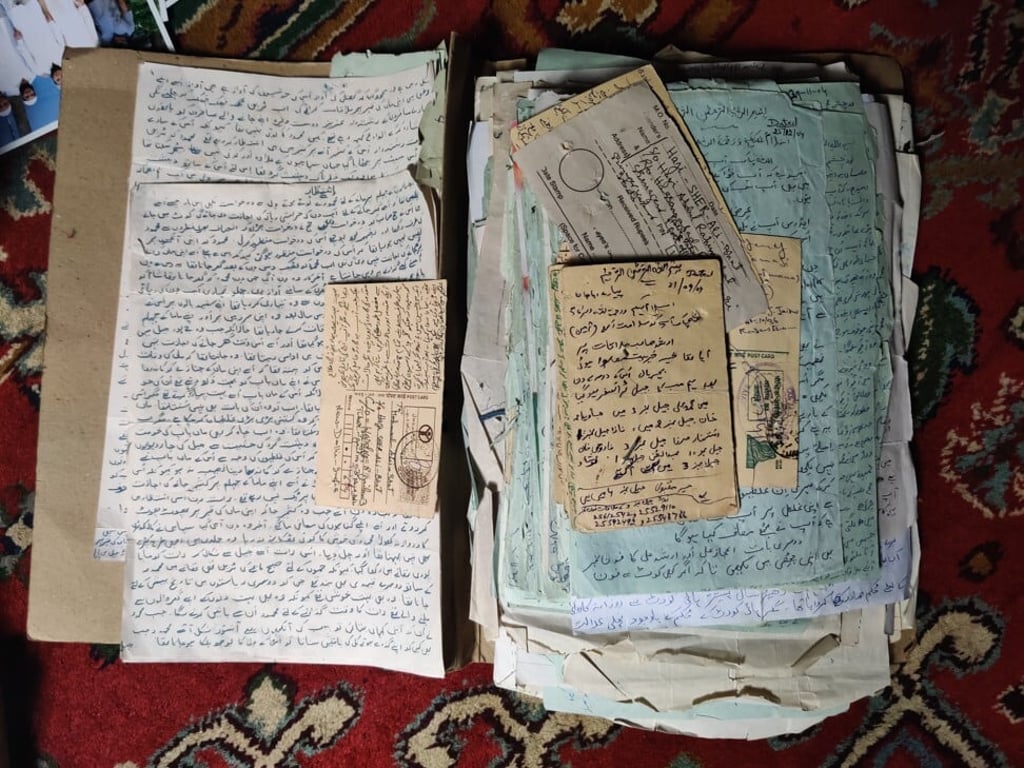Unjustly jailed in India, Mohammed Ali Bhat’s ordeal highlights plight of Kashmiris
- Bhat spent 23 years in prison after being falsely accused of terrorism – one of thousands from the region rights groups say have been jailed on suspicion and fabricated evidence
- Released in 2019 to discover that both his parents had died, he is still adjusting to his new reality and relearning how to live in society

Bhat claims he was tortured, interrogated and forced to sign blank documents “which were as thick as a 200-page book”. Then, after a trial that lasted eight years, he was given a death sentence.
“As far as I can comprehend, the police couldn’t find the real culprits and there was intense pressure from the government because they had to answer to the public,” Bhat said. “The police said ‘We have caught the culprits’, and they got promoted.”
In 2012, the Delhi High Court acquitted him and another man after finding the police had not maintained correct protocols in their investigation. But Bhat still languished in jail, as the Rajasthan High Court had yet to clear his charges over the bombing in that state. His appeals for bail were repeatedly denied.
“Life in jail was full of physical and mental torture,” Bhat said. The inmates would beat and harass him because he was Kashmiri, and also a Muslim, and “they would get support from the jail authorities for doing that”. He said that by beating him, the inmates “felt they were doing a service to their nation”.

